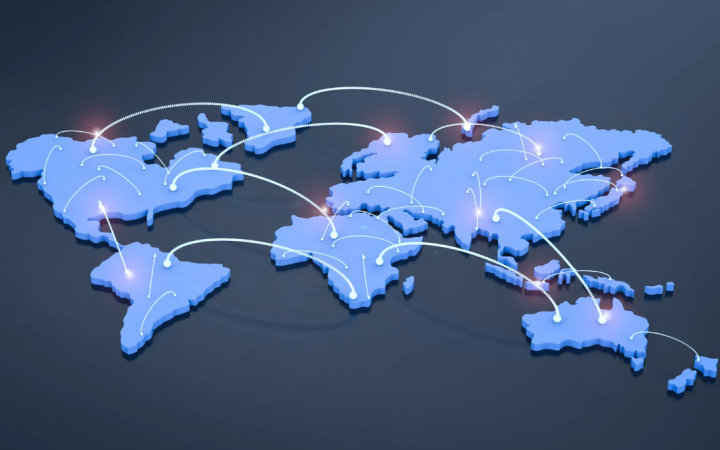10 July 2025, Quezon City, Philippines - The International Training Centre for Authorities and Leaders in the Philippines of UNITAR - CIFAL Philippines, hosted by the University of the Philippines, has launched the 2025 edition of the Professional Course on Global Migration (PCGM).
Launched in 2019, the Professional Course on Global Migration (PCGM) is now entering its seventh batch in 2025, reflecting its continued relevance and growing impact among migration practitioners globally. Delivered entirely online, the course consists of 22 short sessions over 14 weeks. It emphasises practical engagement through a capstone project. An independent or team-based initiative, guided by a mentor, that serves as a seed project which may lead to the development of programs or policies on migration and development or migration governance.
Designed to address the complexities of modern migration governance, the PCGM takes a comprehensive and pragmatic approach, closely aligned with the United Nations Sustainable Development Goals (SDGs), particularly SDG 5, Gender Equality; SDG 8, Decent Work and Economic Growth; and SDG 10, Reduced Inequalities; as well as the Global Compact for Safe, Orderly and Regular Migration (GCM). The course also directly responds to Target 10.7 of the 2030 Agenda, which promotes well-managed, rights-based migration policies.
Learning is enriched through lectures, roundtable discussions, learner-led plenaries, group workshops, webinars, and a capstone project—a mentored initiative designed to translate learning into tangible, real-world policy or programmatic impact.
The course takes a pragmatic approach to migration governance, highlighting its relevance to the Sustainable Development Goals (SDGs) and the Global Compact for Safe, Orderly and Regular Migration (GCM).
Course Learning Objectives
- Understand the concepts, drivers, and typologies of global migration;
- Explore the links between human mobility, international law, human rights, and gender equality.
- Assess the multidimensional aspects of human mobility and its effects on migrants, their families, communities, and countries; and
- Develop innovative, practical, and demonstrable responses to the challenges of global migration and sustainable development.
Course Modules Overview
The course begins with the first module on an overview of the key concepts, drivers, and data challenges in global migration, highlighting the role of UN frameworks in promoting inclusive and sustainable governance. It then, in the second module, explores migration through a human rights and gender lens, covering legal protections, the experiences of vulnerable groups, and the importance of a rights-based approach. The third module examines the social, cultural, and economic dimensions of migration, including its impact on families and communities, the influence of identity and media, climate-related drivers, and issues of health, social protection, and remittances.
This course is targeted at professionals who are interested in continuing education on migration and development, such as migration practitioners, particularly those in the ranks of the government, international and development organizations, civil society organizations, the academe, and the private sector.


